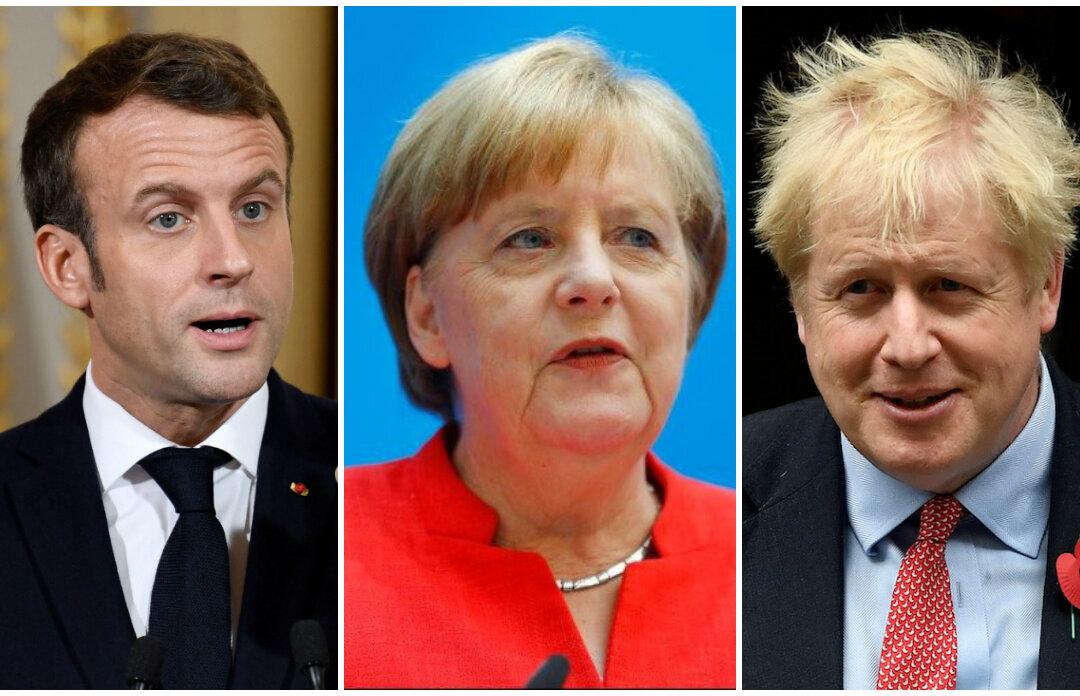The U.S. effort to renew the arms embargo against Iran set to expire on Oct. 18 met with opposition from its European allies, France, Germany, and the UK. However none of them supports giving Iran the opportunity to buy and sell weapons, U.S. Secretary of State Mike Pompeo said in an interview with Fox News.
For almost two years, the United States “has made every diplomatic effort” to renew the arms embargo against Iran. On Aug. 21, the United States officially requested that the United Nations restore UN sanctions on Iran that had been lifted by a UN Security Council Resolution adopted in 2015, which also endorsed the Iran nuclear deal.





